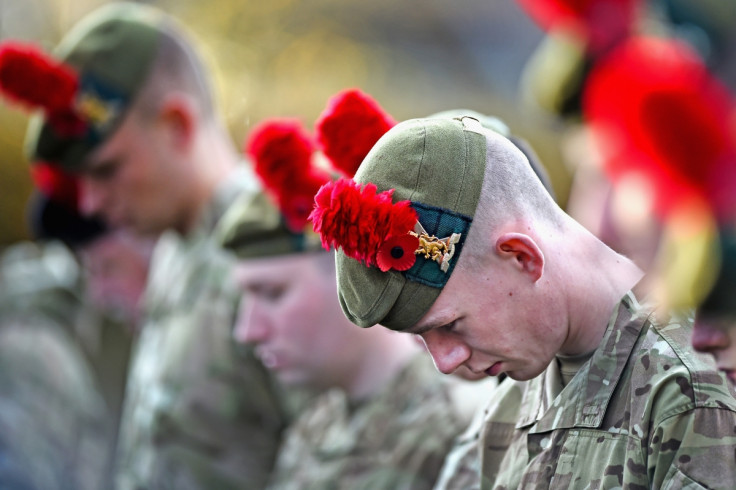Ihat chief says British soldiers could be prosecuted for war crimes in Iraq

Iraq war veterans are likely to face prosecution for war atrocities they committed in Iraq, according to Mark Warwick, the former police chief in charge of the Iraq Historic Allegations Team (Ihat). Six years after UK forces withdrew from Iraq, complaints of war atrocities continue to be filed, Warwick said.
The team has ample evidence to prove that many in the force committed crimes on Iraqi civilians during their mission in Iraq from March 2003 to July 2009, the official told the Independent.
Ihat was formed by the government to review and investigate charges including murder, abuse and torture during the soldiers' six-year military mission. It was funded to operate till 2019. Currently, it has a budget of £57.2m.
A spokeswoman for the Ministry of Defence said most members of the armed forces behaved correctly. "The vast majority of UK service personnel deployed on military operations conduct themselves professionally and in accordance with the law," reports the BBC.
According to the Guardian, lawyers are still coming up with cases of harassment and torture to Ihat. Warwick said the case of Baha Mousa, for example, is still "a live criminal investigation". Mousa was an Iraqi hotel receptionist who died after interrogation by British soldiers.
"We would look at the credibility of the allegation in the first instance and, when we've looked at a lot of these extra cases coming to us, some of them are duplicates of cases; some of them we've already identified as part of our own investigation process; and some are multiple allegations, where we would investigate as a single allegation," Warwick told the Guardian.
The Independent reports that allegations amounting to murders and ill-treatment have increased ten-fold since Ihat's formation. In 2010, the team was dealing with cases involving 152 victims while in its latest quarterly update the numbers surged to 1500 — of which 280 allege unlawful killings.
Carla Ferstman, the director of the human rights charity Redress, has called the slow progress of Ihat's investigation as completely unacceptable.
© Copyright IBTimes 2024. All rights reserved.






